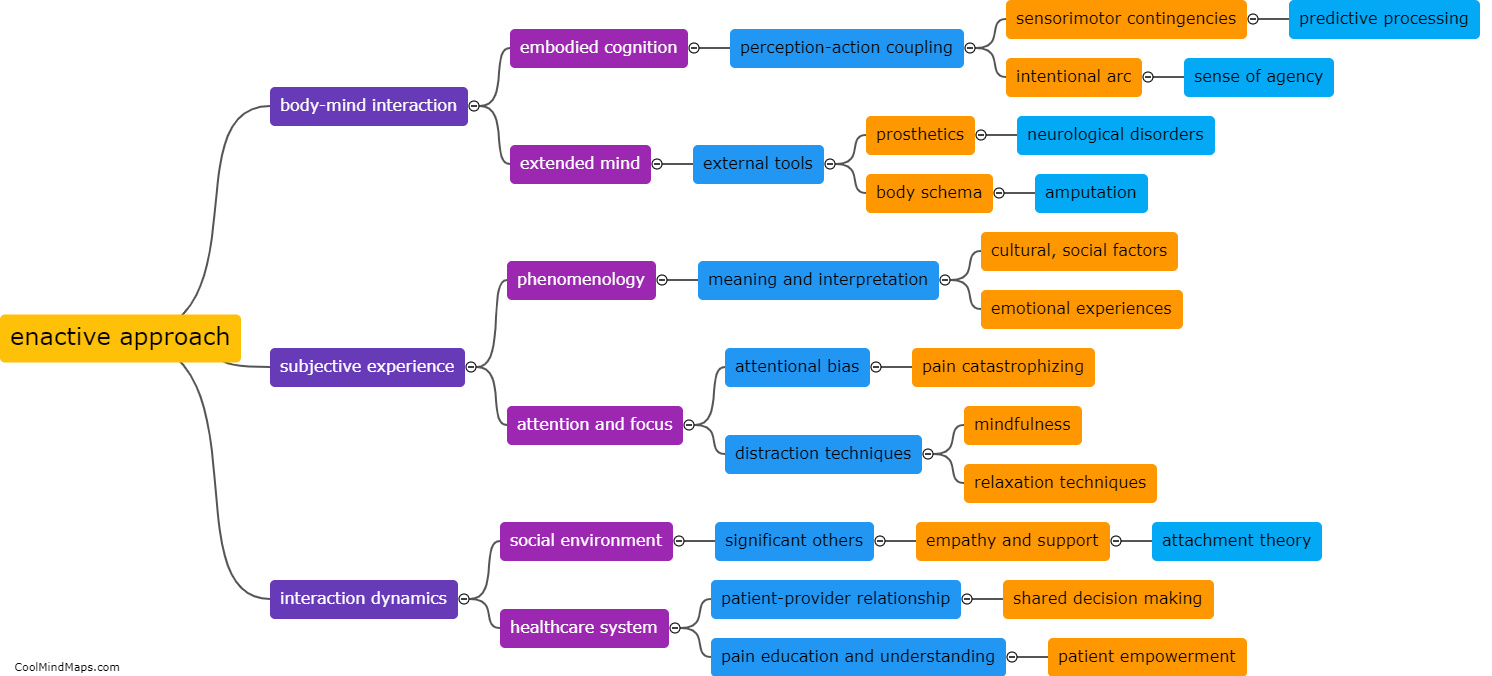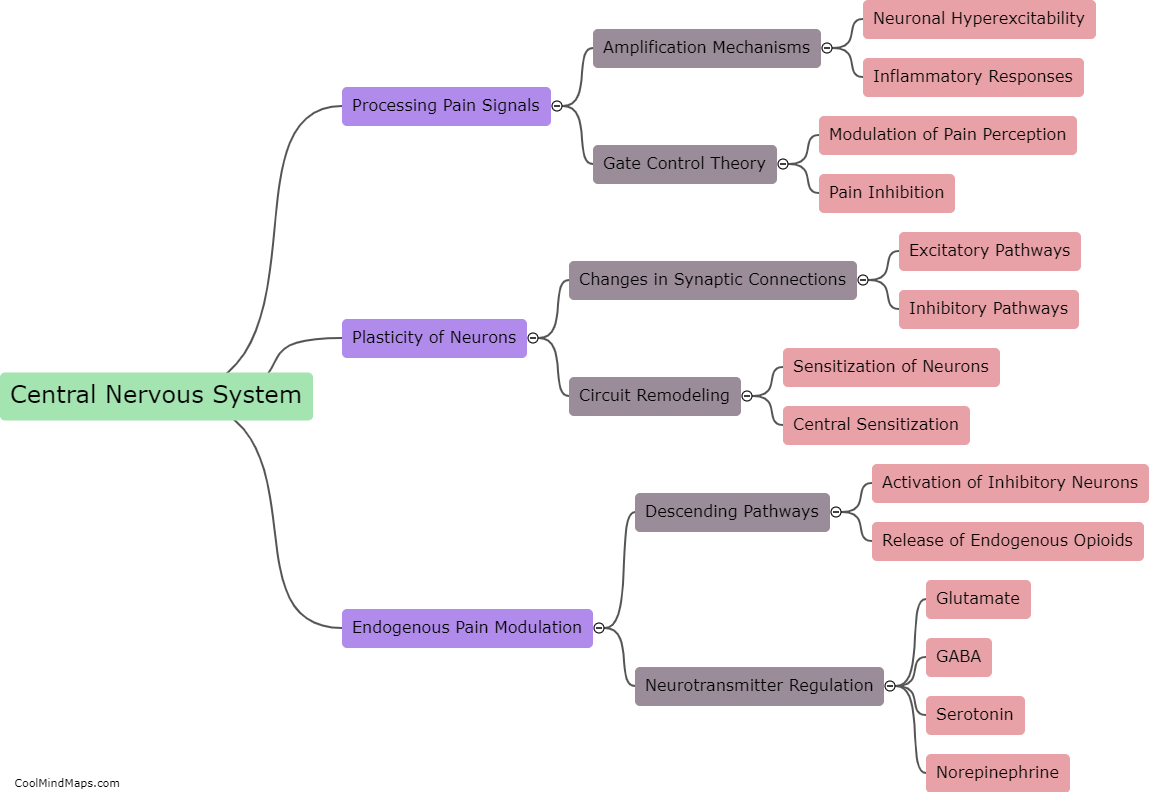What are the ethical considerations in treating chronic pain?
When it comes to treating chronic pain, there are several ethical considerations that healthcare professionals need to take into account. Firstly, ensuring patient autonomy is crucial as individuals with chronic pain have the right to make informed decisions about their treatment options. This includes obtaining their informed consent and respecting their choices, even if they differ from what might be considered conventional or appropriate by medical standards. Secondly, healthcare providers must prioritize beneficence, which means seeking the best possible outcome for the patient. It is essential to continually assess and modify treatment plans to provide optimal pain relief, while also taking into consideration the potential risks and side effects of medications or interventions. Thirdly, justice and fairness should be upheld to ensure that all patients, regardless of their socioeconomic status or access to healthcare resources, have access to effective pain management. Lastly, healthcare professionals need to be aware of the potential risks of overprescribing or misusing pain medications, in order to prevent the development of addiction or other long-term negative consequences. Overall, ethical considerations in treating chronic pain involve balancing patient autonomy, beneficence, justice, and avoiding harm.

This mind map was published on 2 December 2023 and has been viewed 138 times.











